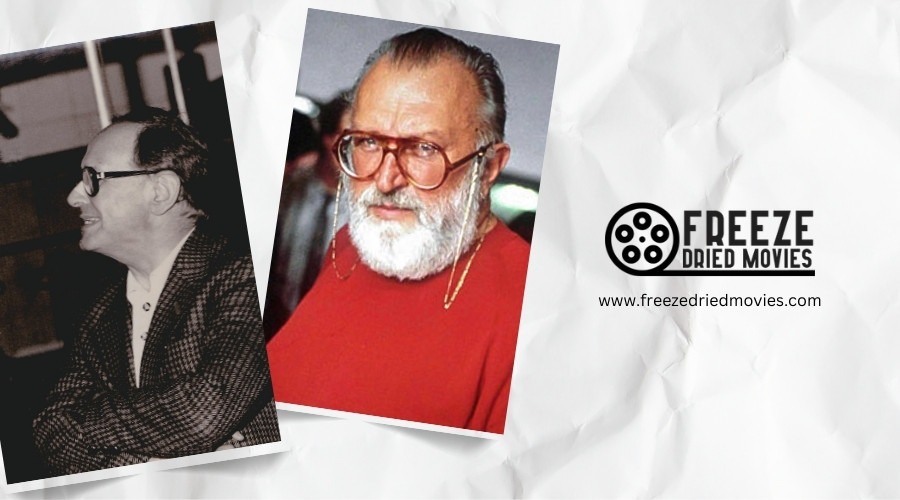Top Composers Beyond Morricone in Spaghetti Western Cinema
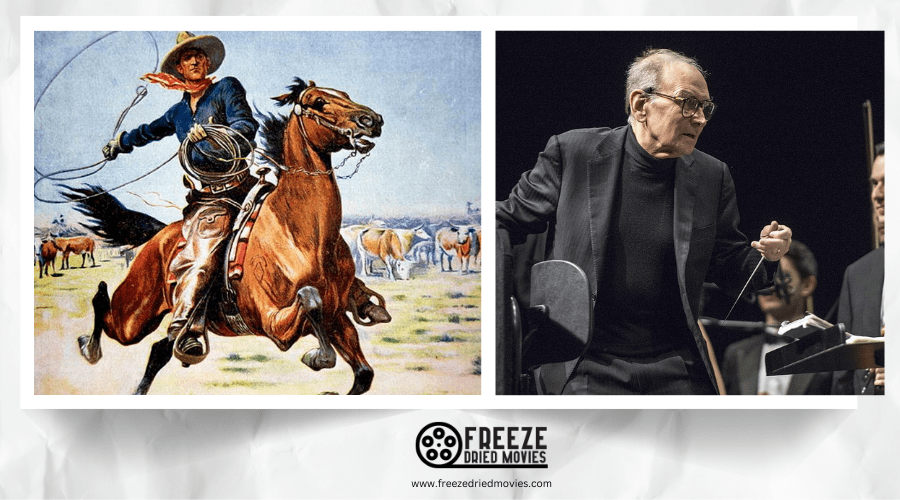
You've probably heard Ennio Morricone's haunting whistles and guitar twangs in "The Good, the Bad and the Ugly," but he wasn't the only musical genius behind spaghetti westerns. The genre's unmistakable sound came from a diverse group of composers who experimented with jazz, psychedelic elements, and avant-garde techniques. From Luis Bacalov's iconic "Django" score to Bruno Nicolai's revolutionary collaborations, these lesser-known maestros shaped film music in ways that continue to influence soundtracks today.
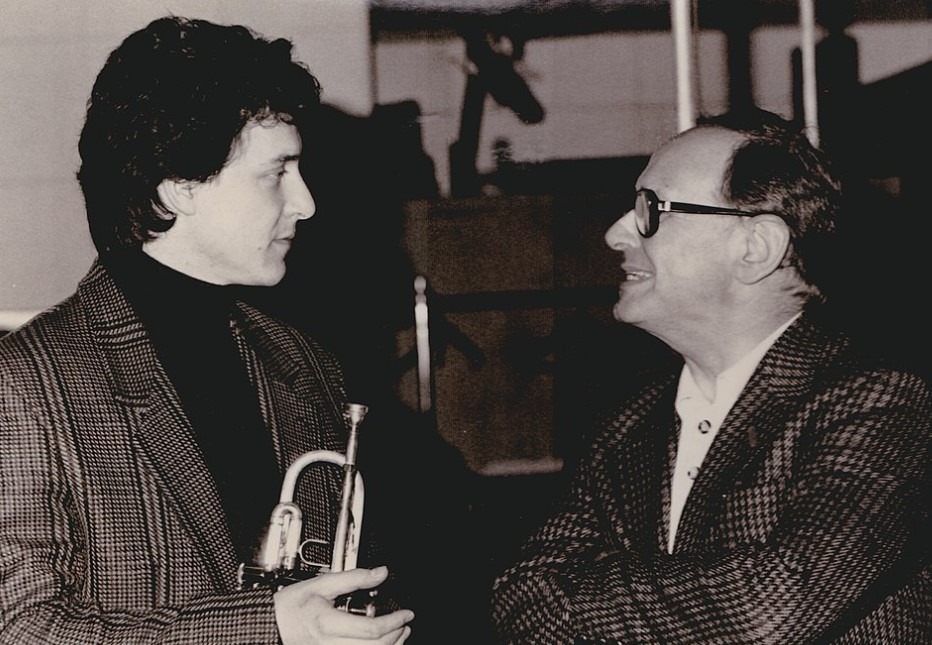
Top Composers Beyond Morricone in Spaghetti Western Cinema
While Ennio Morricone remains the undisputed maestro of Spaghetti Western soundtracks, several other brilliant composers left their distinctive marks on the genre.
Bruno Nicolai's work on films like Django contributed enormously to the Spaghetti Western sound, often collaborating with Sergio Leone's productions. Jerry Goldsmith brought innovative musical approaches to Lonely Are the Brave, while John Williams incorporated Western-influenced elements into his iconic film scores.
You'll recognize the distinctive music of Guido & Maurizio De Angelis in Day of Anger and Cemetery without Crosses, where they crafted atmospheric soundscapes that defined these classics. Equally important are Riz Ortolani and Luis Bacalov, whose compositions for The Mercenary, My Name is Nobody, and Django showcase the diversity of Spaghetti Western music beyond Morricone's shadow. Their innovative blending of Western instruments with traditional sounds parallels the musical revolution that was simultaneously transforming Bollywood cinema in the 1960s.
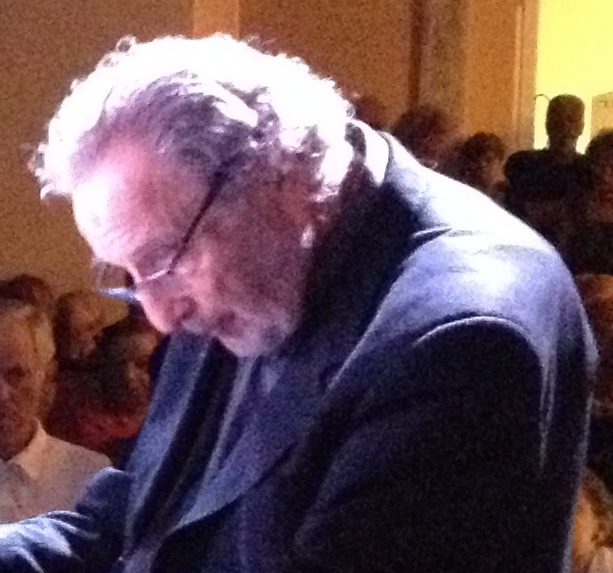
Luis Bacalov: The Mind Behind "Django"
Few composers captured the raw emotional power of Spaghetti Westerns as masterfully as Luis Bacalov. His first major contribution to the genre came with the iconic score for Sergio Corbucci's 1966 film "Django," featuring Rocky Roberts' unforgettable vocals on the title theme. This composition quickly became one of the genre's most recognizable musical signatures.
Beyond "Django," Bacalov's talents extended to other notable Spaghetti Westerns including "The Mercenary" and "The Grand Duel." What set this film composer apart was his distinctive blend of Spanish guitars, operatic vocals, and dramatic orchestral arrangements. Bacalov's work helped establish the genre's unique musical identity, influencing countless composers who followed.
While Morricone often dominates discussions of Spaghetti Western music, Bacalov's contributions remain equally essential to the genre's lasting legacy. His approach to creating tension through music shares similarities with Vincent Price's mastery of suspenseful pauses in horror cinema.
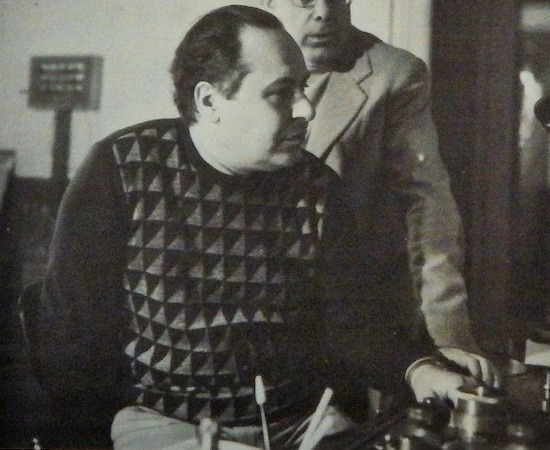
Bruno Nicolai: Morricone's Closest Collaborator
Although often overshadowed by his more famous counterpart, Bruno Nicolai stands as one of the most influential figures in Spaghetti Western music through his extensive collaboration with Ennio Morricone.
When you explore Nicolai's contributions, you'll discover his pivotal role in shaping the sound that defined an era of cinema. After studying alongside Morricone at Rome's Santa Cecilia Conservatory, Nicolai developed film scores that captured the distinctive Spaghetti Western aesthetic.
- Composed iconic scores for films like "Django" and contributed to the genre's American recognition
- Partnered with Sergio Leone productions, often conducting Morricone's arrangements
- Pioneered experimental techniques and instrumentation that defined the genre's unique sound over time
Nicolai's creative partnership with Morricone represents one of cinema's most significant musical collaborations.
His work complemented Sergio Leone's transformation of the Western genre that became legendary through films like The Good, the Bad and the Ugly.
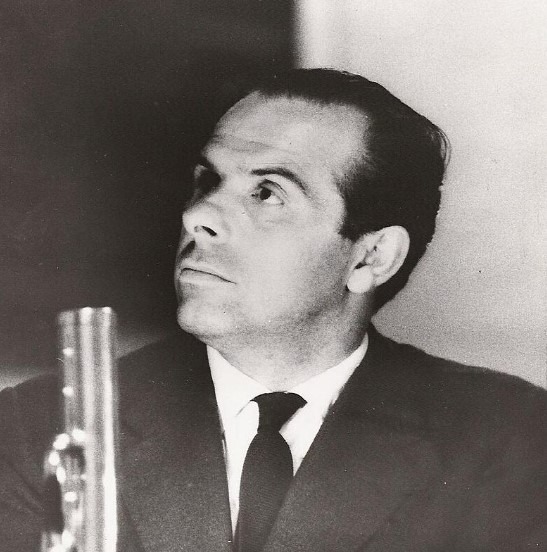
Piero Piccioni: Jazz Influences in Western Soundtracks
Beyond the iconic Morricone-Nicolai partnership, another musical genius brought a distinctly different flavor to Spaghetti Western soundtracks. Piero Piccioni's moody orchestrated jazz became his signature contribution to the genre, showcasing skills he'd developed since teaching himself piano and forming his first big band at just 17.
Piccioni's integration of jazz elements into his Western scores wasn't just artistically innovative—it introduced these sophisticated musical forms to a wider Italian audience during the late 1950s and 1960s, forever changing the country's soundtrack landscape.
You'll hear Piccioni's distinctive style in "Adua e le Compagne" (Hungry for Love), the Marcello Mastroianni film directed by Antonio Pietrangeli, with whom Piccioni frequently collaborated. His approach was heavily influenced by American composer Alex North and the jazz sounds he absorbed from radio broadcasts.
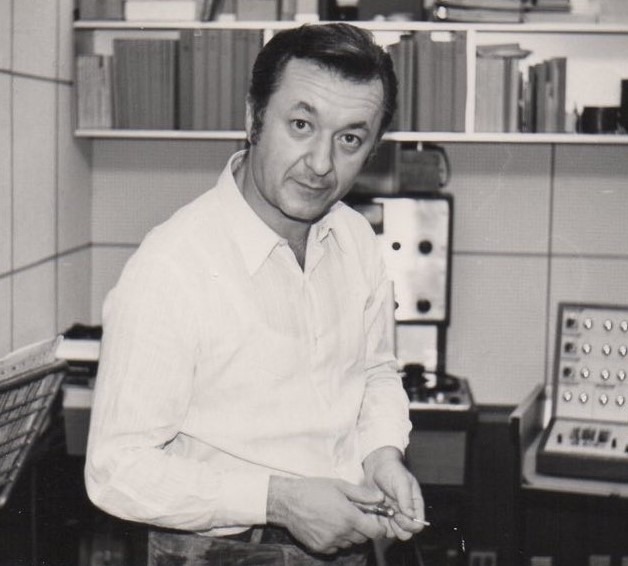
Piero Umiliani: Experimental Western Soundscapes
You'll immediately notice what makes Umiliani's Western scores distinctive:
- The haunting vocalese of Edda Dell'Orso floating over orchestral arrangements in "La Ragazza dalla Pelle di Luna"
- The funk-driven experimentation in "Questo Sporco Mondo Meraviglioso"
- His ability to seamlessly blend psychedelic elements with traditional Western instrumentation
Umiliani's genius lay in recruiting collaborators like Dell'Orso and Alessandroni across multiple projects, creating a consistent experimental signature that elevated Western film music beyond conventional boundaries.
Giorgio Gaslini: Avant-Garde Approaches to the Genre
Three distinct phases define Giorgio Gaslini's revolutionary contribution to Spaghetti Western soundtracks. His first film scores for "La Notte" in 1961 showed how he could craft the traditional into something entirely new—blending the brooding "Blues All'alba" with scorching bebop in "Country Club." The accompaniment of brass would become his signature sound.
Gaslini played a big part in elevating the genre when introduced actor Lee Van Cleef to an entirely new sonic palette. His work with Antonioni caught the attention of giants like Kubrick and Scorsese, who studied his Motion Picture innovations closely.
After establishing his bebop quartet in the late 1950s, Gaslini's Big leap into avant-garde territory with collaborators like Cherry and Braxton transformed how directors approached the Western soundtrack, culminating in experimental masterpieces like "Free Actions."
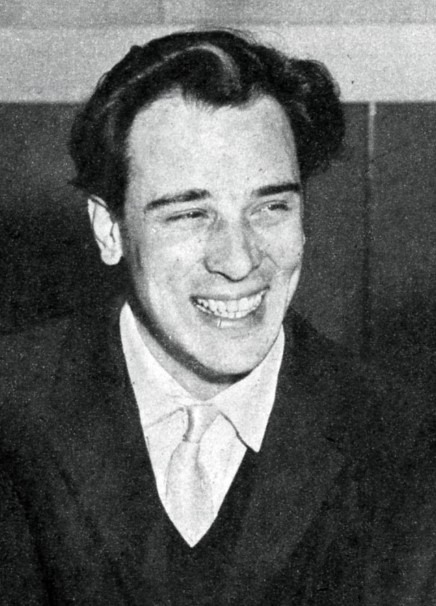
Riz Ortolani: From "Day of Anger" to "Kill Bill"
While Gaslini explored jazz-infused experimentation, Riz Ortolani found his niche in the sweet spot between orchestral grandeur and pop accessibility. His work on spaghetti western classics like "Day of Anger" and "The Mercenary" showcased his distinctive Italian pop influences within the genre's framework.
Ortolani's enduring impact across decades of cinema is evident:
- His collaboration with Rocky Roberts created the infectious "Django" theme for Sergio Corbucci's film, becoming an international hit
- The hauntingly beautiful "The Girl and the Gunfighter" from "My Name is Nobody" later caught Tarantino's ear, finding new life in "Kill Bill"
- Despite being less celebrated than Morricone, his innovative scoring approach influenced countless filmmakers and composers
Francesco De Masi: Unsung Hero of Spaghetti Western Music
You'll hear De Masi's distinctive style in his masterful use of electric guitars, harmonica, and rock-influenced rhythms throughout his work. His 1965 score for "Arizona Colt" brilliantly blends traditional Western elements with experimental techniques, while his haunting compositions for "The Four of the Apocalypse" (1975) elevate the film's brooding atmosphere.
Despite his significant contributions to the genre, De Masi remains in the shadow of Ennio Morricone's towering reputation—an unfortunate oversight for a composer who helped define the spaghetti western sound.
Stelvio Cipriani: Blending Romanticism With Western Grit
Few composers mastered the delicate balance between lush romanticism and raw frontier grit like Stelvio Cipriani. With over 200 film scores to his name, Cipriani's distinctive style merged tender romantic melodies with gritty Western influences, creating soundscapes that defined the genre.
His collaboration with Sergio Corbucci yielded unforgettable works, including his haunting theme for Django (1966), now considered a Spaghetti Western staple. The Big Gundown (1966) showcased his versatility through:
- Driving rhythms that propel the narrative forward
- Spanish guitar elements that evoke the frontier setting
- Operatic vocals that heighten dramatic tension
In Face to Face (1967), Cipriani demonstrated his range by contrasting brooding atmospheric pieces with heroic themes, further cementing his legacy as a master of Western film composition.
Sven-Sebastian Sajak, WP2015 EnnioMorricone FFM, CC BY-SA 4.0 Marcodandragora, Luis Bacalov 2014, CC BY-SA 4.0 Wikinoir, Piero Umiliani ritratto nel suo studio, CC BY-SA 4.0

